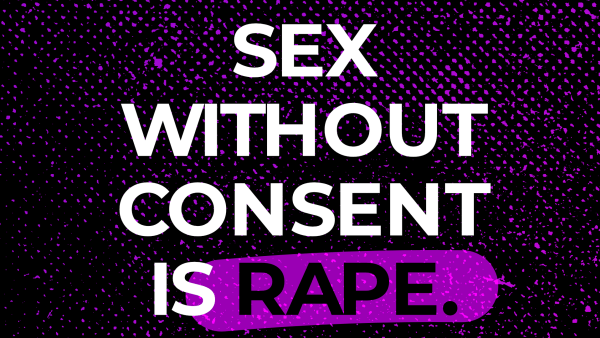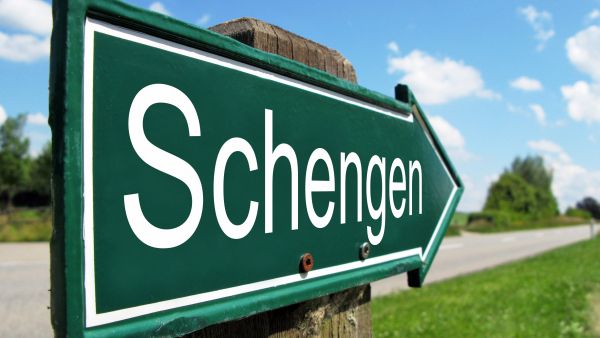Today, MEPs in the civil liberties, justice and home affairs committee are calling for new legal ways for people to come and work in the EU, including instruments enabling legal migration for medium and low-paid employment. In the short-term this includes adding to instruments adopted under the sectoral approach, such as the Blue Card Directive, but also in the medium and long-term establishing a broader set of rules for people seeking to come to the EU to work. The report, drafted by S&D MEP Sylvie Guillaume, also highlights the need for more legal channels as a means of fighting the exploitation of migrant workers and precarious employment.
Sylvie Guillaume, rapporteur on the report on New Avenues for Legal Labour Migration, said:
“Do you think our societies would have been as resilient without care workers, healthcare staff or cleaners and helpers over the past year? Migrant workers have made up a significant proportion of the brave and dedicated key workers that have allowed essential services to carry on in these difficult times. The pandemic has highlighted the enormous contribution that workers, and especially lower-paid workers, make to society every day. It has proven the need for more EU-wide legal ways for people to come and work in the EU. As we come out of the pandemic, seasonal and migrant workers will also play a huge role in Europe’s recovery. It is good news that there is widespread support in the Parliament for new EU legislative tools for legal labour migration and now it is time for the Commission to come forward with its proposals.”
Javier Moreno Sánchez, S&D negotiator on the Blue Card Directive, added:
“Adopting the revised Blue Card Directive is a priority for the S&D Group but we need to go further to ensure that, alongside an instrument for highly-skilled workers, there are also new legal channels for workers in medium and lower-paid employment. We must recognise that highly skilled migrant workers alone will not address the labour shortages that we face. However, this is not just about filling gaps in the labour market. A new legislative framework that includes lower paid employment will guarantee fair standards and can help prevent migrant workers from being exploited. The Commission’s proposals should also address the problem of precarious work that too many migrants find themselves forced into when they come to Europe.”










